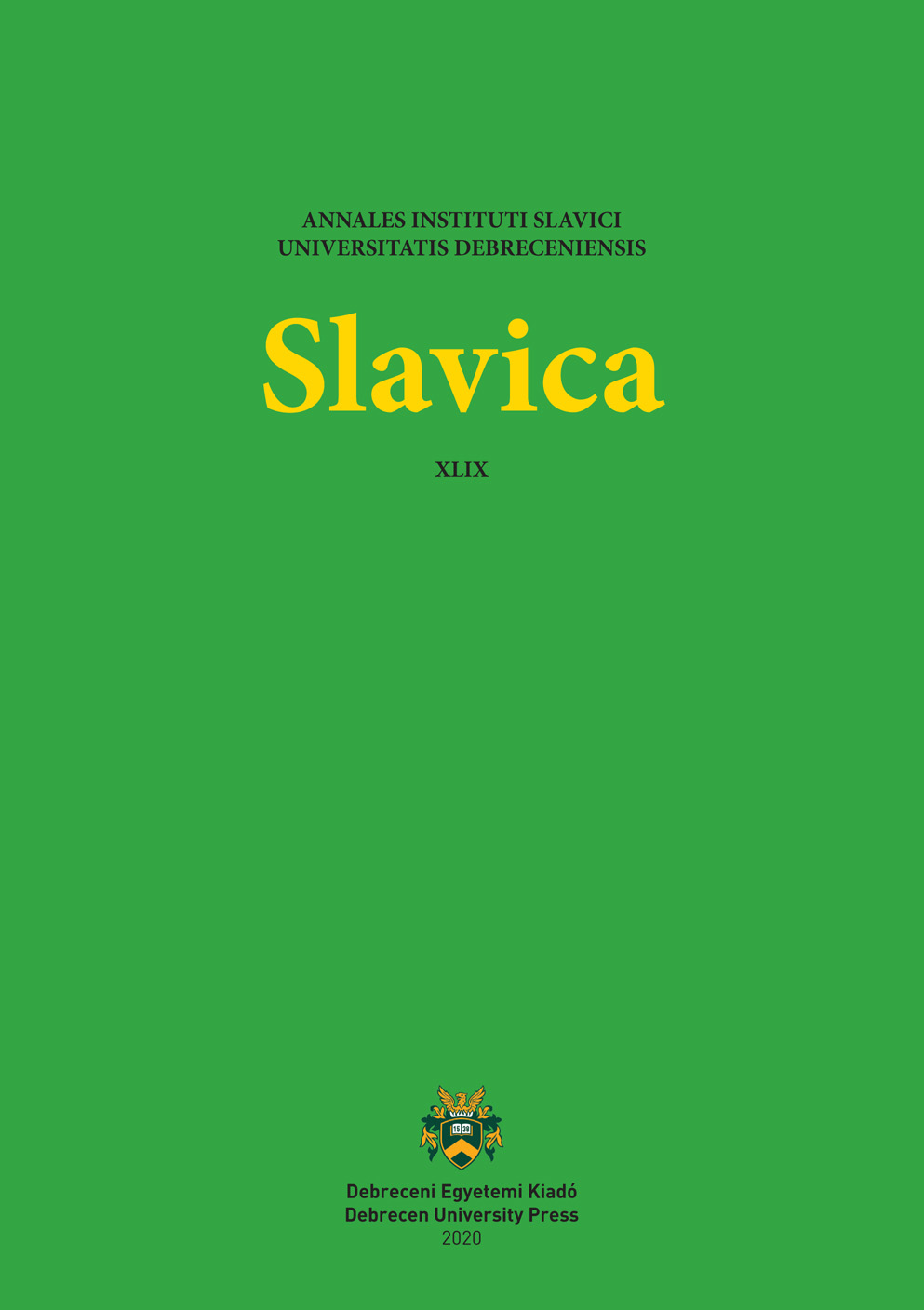B. Spinoza, N.V. Gogol, J. Baudrillard: On the Debate about Theocentrism and Anthropocentrism
Author
View
Keywords
License
Copyright (c) 2020 Slavica

This work is licensed under a Creative Commons Attribution-NonCommercial 4.0 International License.
This is an open access article distributed under the terms of the Creative Commons Attribution License (CC BY-NC 4.0), which permits unrestricted use, distribution, and reproduction in any medium, provided the original author and source are credited.
How To Cite
Abstract
Interest in the problem of man, in the structure of the world and in its foundations is brought together, with all the difference, Spinoza, Gogol, Baudrillard. In the lineup of authors, three main attitudes are revealed. Spinoza: all that exists is theocentric; one must strive to comprehend God and His "extensions" (not creatures!) in the form of the world and man. Gogol: comic-romantic criticism regarding intramural irrationality with the author's aspiration for an eschatological perspective. Baudrillard: immersion in the pan-social as the only being, although it has (starting from the Renaissance) an empty foundation. According to Spinoza, man, nature, the world, in general, everything in reality is an extension of God. Not "creation"! - it is a continuation, practically an integral part of God, some "doubles", although those with less "good." It turns out that God is not able to separate himself from what is around him, what is in the outside world and everything that is not He considers himself to be. Gogol, on the other hand, strove to portray man as really different in relation to God and at the same time capable of changing (the concept of “Dead Souls”). Isn’t the “apocalypse of our time” outlined by Baudrillard? Its unchanging Marxist-Freudian jargon is intended only to serve the immediate intention of reforming social reality. The Baudrillard concept is marked by post- and neo-romantic skepticism regarding the nature of man and society. The extra-Marxist (and non-Freudian) in Baudrillard - his bet on "reversibility", on the "gift" (in the terminology of Moos and his followers) of the "gift", ie installation on a "symbolic exchange" between communicants in all spheres of existence. Thus, Baudrillard comes to recognize the linkage "modern / postmodern" and to recognize the benefits of modernity. The transformation of “dead souls” is a path that Gogol also thought about realizing on different grounds and which opposes the complacency of Spinozist machines.

 https://doi.org/10.31034/049.2020.10
https://doi.org/10.31034/049.2020.10